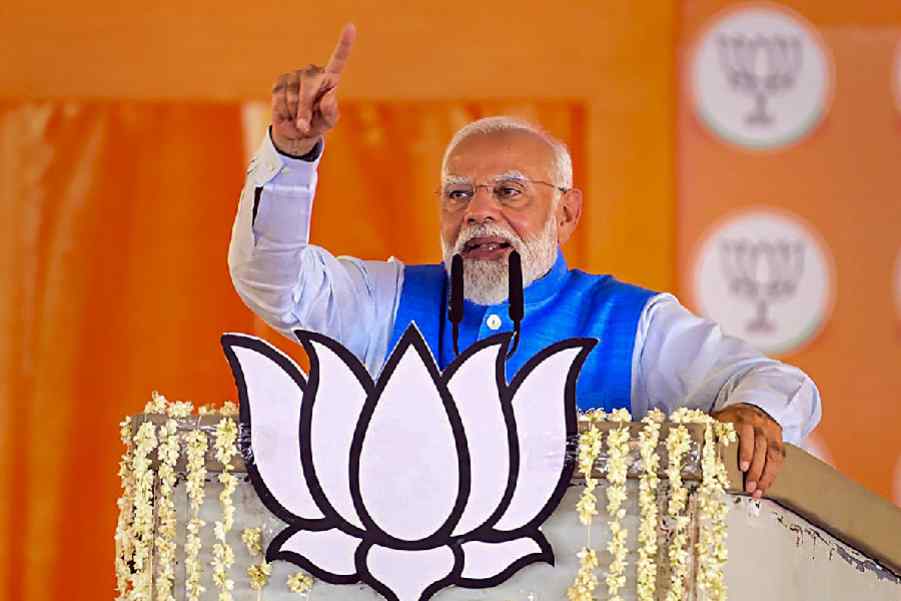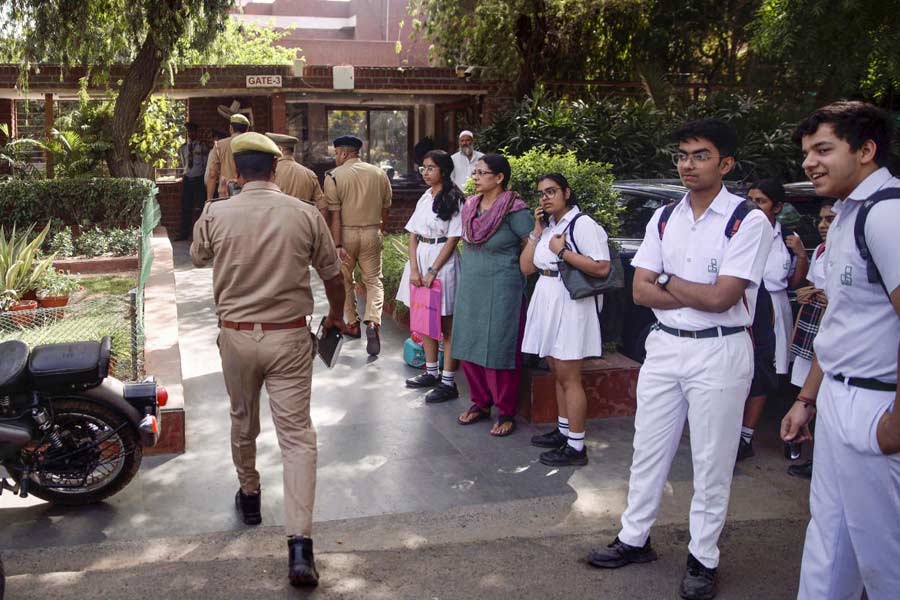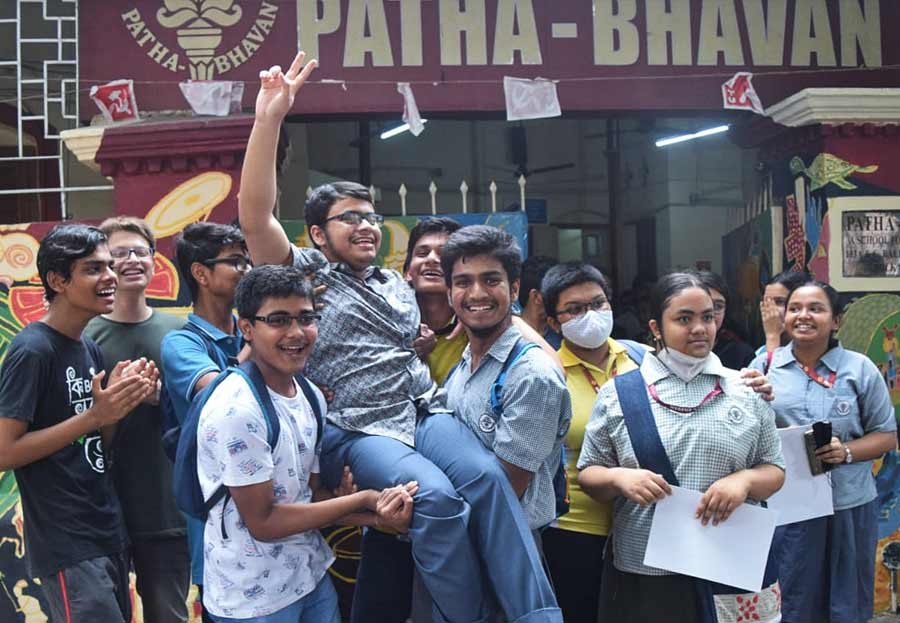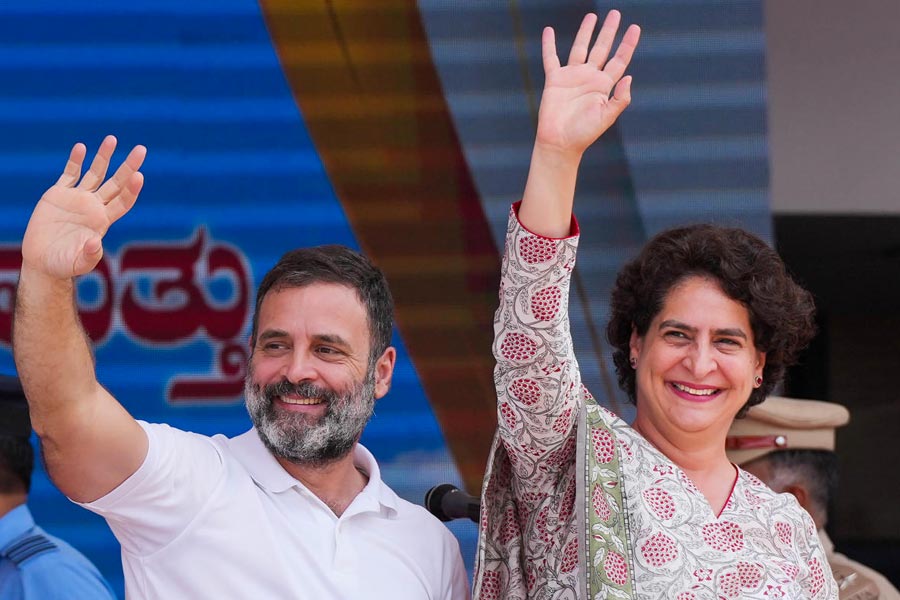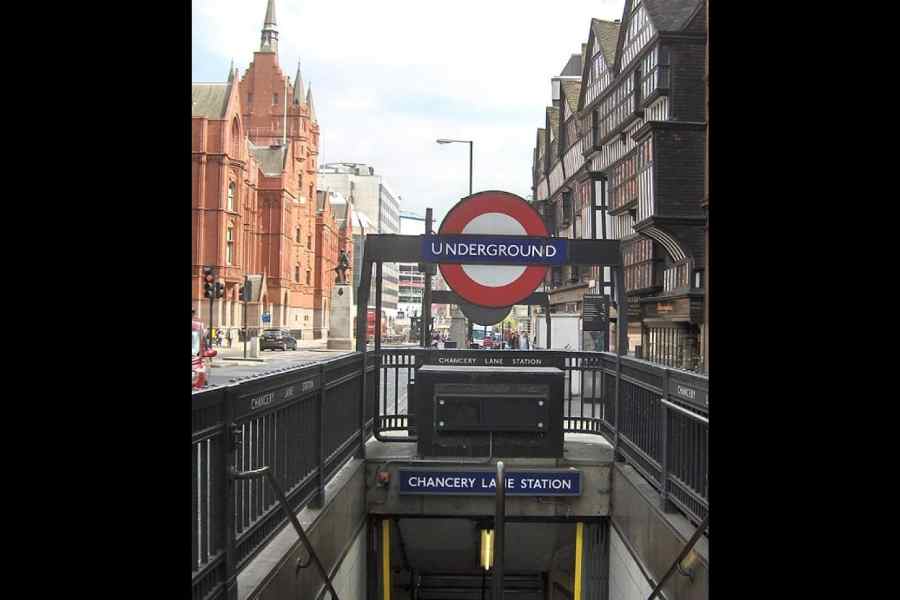Written in the stars
Sir — It was only in the 17th century that astrology and astronomy became two distinct fields of study. Many great thinkers and scientists, including Galileo Galilei, were practicing astrologers. Historically, astrology was not only important but also quite fascinating. But the fate of astrology was sealed with the advent of the daily horoscope section in newspapers. With vague predictions like ‘Virgos, look out for exciting surprises today!’ — this could mean anything from winning the lottery to being pooed upon by a bird — it is difficult to take astrology seriously. This predilection for dishing out pleasant, but ambiguous, advice has done away with the wonder that attracted erudite minds to astrology centuries ago.
Disha Mathur,
Mumbai
In limbo
Sir — The general-secretary of the Communist Marxist Party in Kerala, Cheruvathoor Poulose John, rightly pointed out that the Communist Party of India (Marxist) is confining itself to becoming a regional, Kerala-based party (“Cong, unite regional players”, Mar 21). The CPI(M) became influential at the national level in the last decade of the 20th century because of able leadership and welfare work.
In 1996, Jyoti Basu was almost made the prime minister, but his party decided to not join the coalition government — Basu later termed this decision a “historic blunder”. A series of similar political mistakes and missteps led to the CPI(M) becoming a largely regional party — the Nandigram violence of 2007, the withdrawal of support from the United Progressive Alliance in 2008 are two instances that come to mind. In Bengal and Tripura, the CPI(M) has been rendered almost non-existent. John is correct in saying that the party has reached a “point of no return”.
Dhruba Chandra Das,
Barrackpore
Sir — Politics is a rapidly-evolving arena. Political parties need to keep pace with the times. However, the CPI(M) politburo is peopled by stalwarts with antiquated ideas. It has thus been unable to stay relevant. In Bengal, the CPI(M) seems to be waking up to this reality: 24 young leaders recently joined the state committee. Youth leaders are being fielded in elections too. The party’s revival is now in their hands.
Chaiti Mullick,
Calcutta
Equal justice
Sir — In 2016, about 86 families were evicted from their houses on the banks of a lake in Surapet, Chennai. A similar situation unfolded near Coimbatore’s Selvampathi tank in 2021. Many of the evictees were victims of fraudulent land deals. Against this backdrop, the illegal occupancy of 31.37 acres of government land by the Shanmuga Arts, Science, Technology and Research Academy in Thanjavur is unpardonable. The private university is refusing to vacate the land and has moved the Madras High Court, challenging the government’s eviction notice. The law should be equal for all. One hopes that the court will dismiss the appeal of the academy and uphold the Tamil Nadu government’s decision.
Tharcius S. Fernando,
Chennai
Still hungry
Sir — Tamil Nadu introduced the mid-day meal scheme in 1956, which was then expanded across the country. In spite of the success of this scheme, many children are still forced to work in order to have one square meal a day. More needs to be done to encourage people to send their children to school.
T.S. Karthik,
Chennai
Sir — The mid-day meal scheme has suffered a blow during the pandemic. It needs to be reimagined if children are to be brought back to school. During the pandemic induced-lockdowns, the dry rations from the mid-day meal scheme often fed entire families instead of just children. Perhaps policymakers need to consider more than just the child’s hunger. After all, if a family is poor, the child will be sent to work rather than to school so that more mouths can be fed.
Arnab Nandy,
Calcutta
Dubious promise
Sir — Private insurance companies often disappoint when it comes to settling claims. Most of them do not think it obligatory to settle claims quickly after the date of maturity or when the policy is surrendered after fulfilment of all conditions. The insured are even forced to take out a new policy — this paperwork, expectedly, proceeds swiftly. When asked to expedite the claims process, imaginary obstacles are put up. Such delays make people hesitant to invest in private insurance. They should take inspiration from government-run insurance companies, where such delays are minimal.
K.V. Seetharamaiah,
Bangalore
Sir — Private insurance companies lure people in with seemingly high-interest rates, especially in comparison to government insurance schemes. But the fine print on such policies — be it the number of diseases covered or terms and conditions to be met to make a successful claim — usually belies any promise of benefits. People should, thus, read policy documents carefully before investing.
Saumitra Roy,
Calcutta
Unprotected sites
Sir — Sudipta Bhattacharjee’s article, “Glorious heritage” (Mar 25), paints a gloomy picture of apathy when it comes to protecting heritage buildings. Most of the properties that Bhattacharjee mentions in her piece are under the aegis of the Government of India. There is no excuse for their neglect. The government should take necessary action to preserve the heritage sites that a spread across India.
K. Nehru Patnaik,
Visakhapatnam


